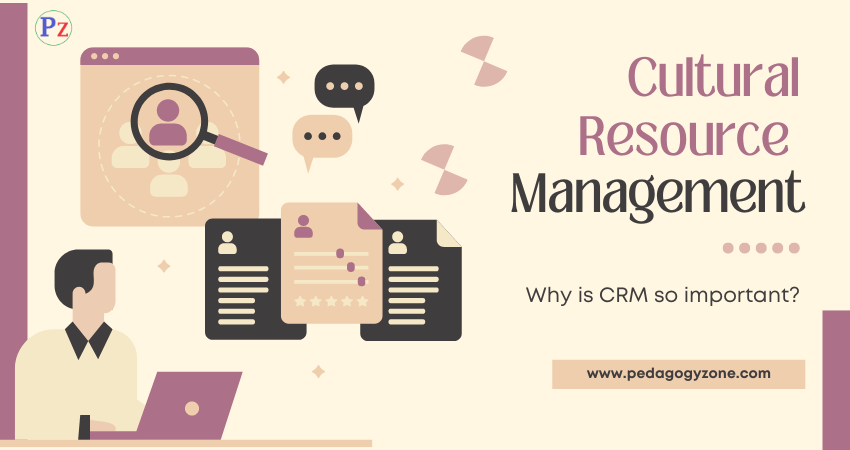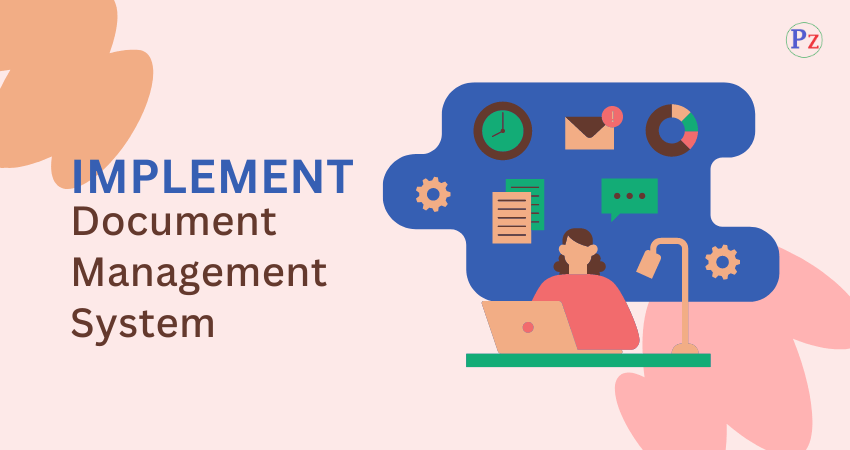Definition of OD
According to Koontz, “Organization Development is a systematic integrated and planned approach to improve the effectiveness of the enterprise. It is designed to solve problems that adversely affect the operational efficiency at all levels”.
According to Burke, “OD is a planned process of change in an organization culture through the utilization of behavioral science technology, research, and theory”.
According to George R.Terry, “Organizational Development includes efforts to improve results by getting the best from employees, individually and as members of workgroup”.
According to R. Beckhard,
- Planned
- Organization wide
- Managed from the top
- To increase organization effectiveness and health
- Through planned interventions in the organizations process, using behavioral science knowledge
Characteristics of OD
- OD is a planned strategy to bring about organizational change
- OD always involves a collaborative approach to change
- OD programs include an emphasis on ways to improve and enhance performance
- OD relies on a set of humanistic values about people and organization
- OD represents a systematic approach to planned change
- OD is a based upon scientific approaches to increase organizational effectiveness
- OD is designed to solve problems
- OD is a goal oriented
- OD recognizes the reciprocal relationship between individuals and organization
- It is a solid research and theory
Objectives of Organization Development
- To improve organizational performance as measured by profitability, market share, innovativeness, etc.
- To make organization better adaptive to its environment.
- To make the members willingly face organizational problems and contribute creative solutions to the organizational problems.
- To improve internal behavior patterns such as interpersonal relations, intergroup relations, level of trust and support among the role players.
- To understand one’s own self and others, openness and meaningful communication and involvement in planning for organizational development.
Importance of OD
- Opportunities for people to develop his full potential
- Organization more effective
- Face he challenges
- Attain the goals
- Planned and systematic approach
Process of Organizational development
Step 1- Initial diagnosis
Step 2- Data collection
Step 3- Data feedback and confrontation Step 4 – Selection and design of interventions Step 5 – Implementation of intervention Step 6 – Action planning and problem solving Step 7 – Team building Step 8 – Inter – group development Step 9 – Evaluation and follow – up
| Read More Topics |
| Discuss the various approaches to organizational effectiveness |
| Define stress and cause stress |
| List the importance of organizational culture |





